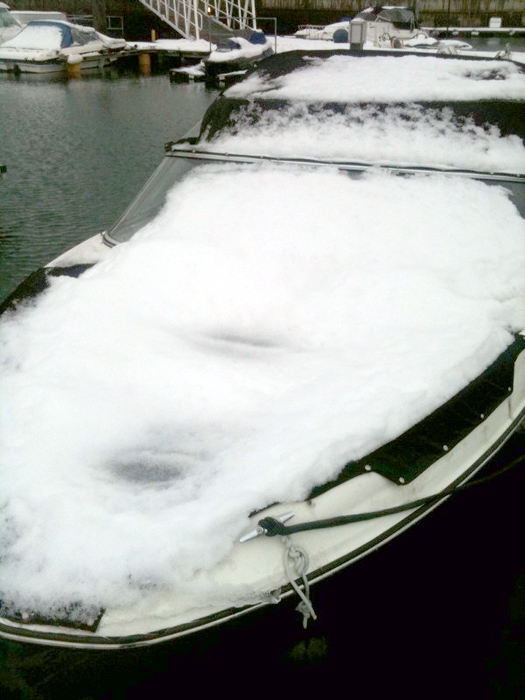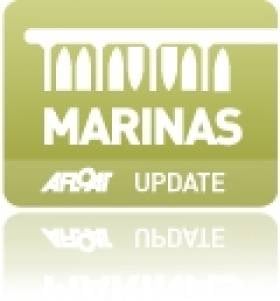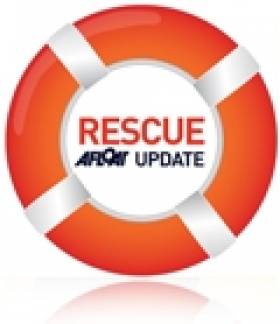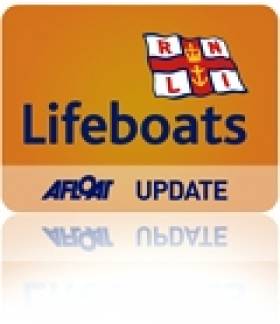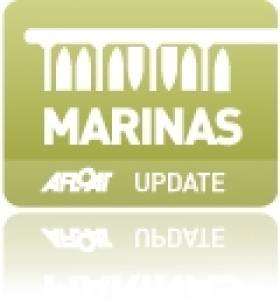Displaying items by tag: pump
#dieselforboaters – The problem of lack of fuel supplies around the Irish coast just got a little bit easier with the news that the popular south coast marina at Kilmore Quay in County Wexford has installed a new diesel fuel oil facility. The new equipment dispenses filtered low sulphur marked gas oil. Payment for the service can be made by credit and debit card. The self service system is available on a 24/7 basis and available to all harbour users.
More information from Marine Officer, Captain Phil Murphy, Wexford County Council, email :[email protected], Tel 053 9129955 (Kilmore Quay) / 9122300 (Wexford Harbour) and Fax 053 9129915.
Duo Rescued from Sinking Fishing Boat in Galway
#RESCUE - BreakingNews.ie reports that two men have been rescued from a sinking fishing boat in Galway Bay this afternoon.
One of the two men on board the vessel alerted rescue services around 2pm after they began taking on water close to Salthill west of the city.
Two other fishing boats aided the duo before the Galway RNLI lifeboat crew boarded the vessel and used a pump to keep it afloat.
The stricken boat has since been towed back to the city docks.
Lough Derg Lifeboat Uses Salvage Pumps to Save Cruiser on Rocks
At 17.54hrs the lifeboat, with helm Eleanor Hooker, Colin Knight and Ger Egan was launched. The lifeboat carried its salvage pump, and in addition, Lifeboat Operations Manager, Charles Stanley-Smith made contact with Fergal Kerney, Lifeboat Deputy Launching Authority, who agreed to take a second salvage pump to Portumna by road.
At 18.15hrs the lifeboat was alongside the casualty vessel which was listing to port and on rocks. There were two persons on board (the skipper has been joined by a friend, a marine mechanic). The lifeboat transferred an RNLI crew member and the salvage pump to the casualty vessel and the lifeboat salvage pump was immediately put to work. The cruiser Aftermath met Fergal Kerney and took him to the scene. At 18.21hrs the lifeboat transferred the second salvage pump to the casualty vessel, set up a tow and held off head to weather.
At 19.25, (it was now dusk) and with two pumps running, the vessel was not floated. At 19.34hrs, RNLI Lifeboat helm agreed one last attempt to float the vessel before taking all persons off. Eamon Egan, Marine Engineer, brought a third, larger pump to the vessel from Portumna. At 19:45hrs, when the boat was not floated with three pumps running, the lifeboat made the decision to take all persons off and advised Valentia Coast Guard of same. At 20.15hrs, the two persons from the casualty vessel were transferred onto Aftermath, who had offered to take them back to Portumna. The owner will attempt to refloat his vessel in daylight tomorrow. The lifeboat returned to station and was ready for service again at 21.10hrs.
Protect Your Boat in the Thaw
For starters boats without an automatic bilge pump can end up flooded but even if fitted prolonged pump use can drain batteries.
It's very easy to make one of the five most common winterising mistakes. Check them HERE.
It's not too late to check on your boat and shake off that snow!
